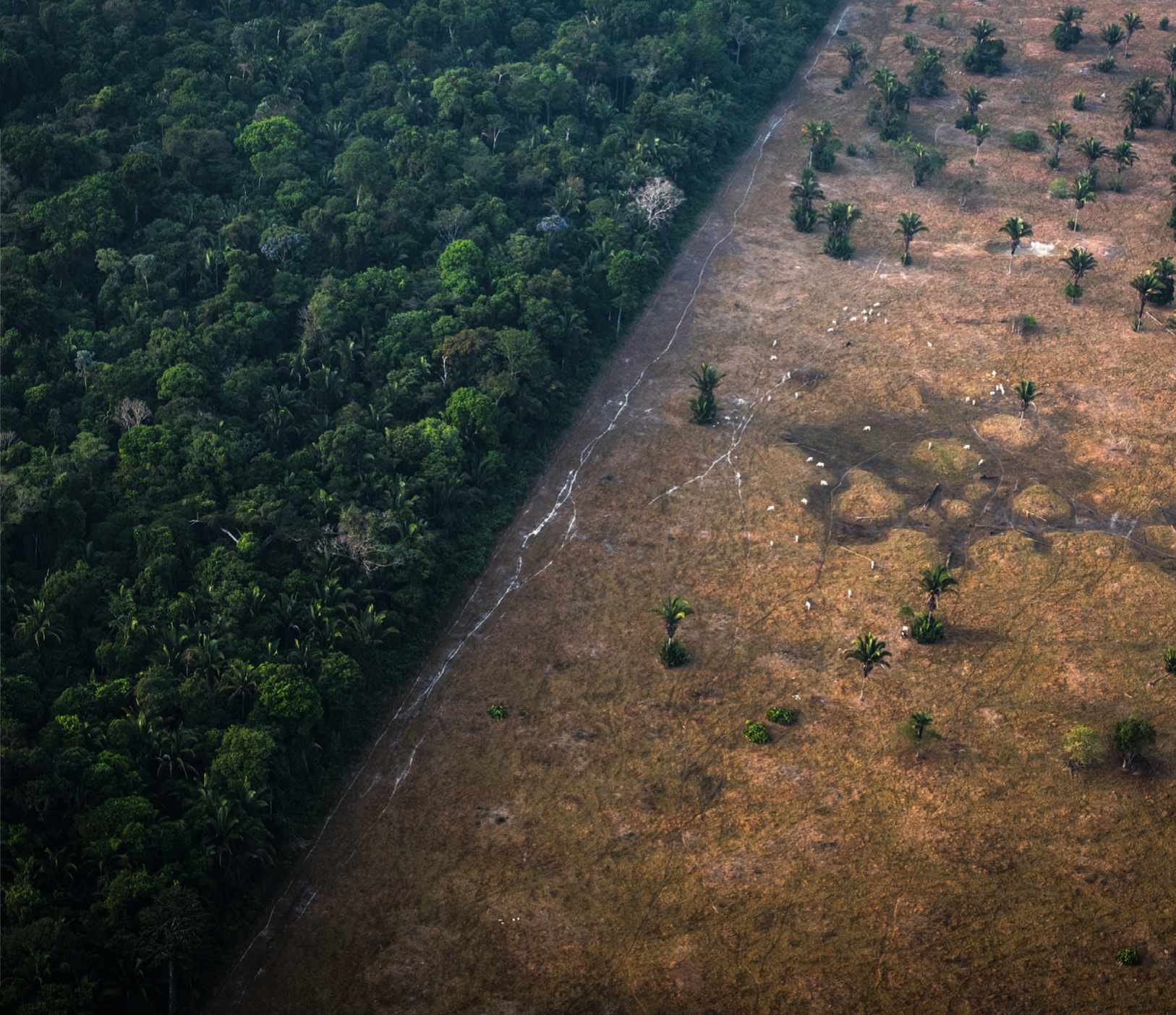OPINION
Mark Carwardine
“The future of the Amazon really did rest on this election”

I WAS DANCING AROUND MY OFFICE WHEN I heard the news. Abhorrent enemy of the environment Jair Bolsonaro is no longer president of Brazil.
A high-stakes election in the fiercely polarised country had gone down to the wire, resulting in a run-off vote at the end of October. Mercifully, former president Luiz Inácio Lula da Silva (known as Lula) narrowly defeated far-right incumbent Bolsonaro. Anyone who cares about the future of the Amazon rainforest and all its wildlife, the lives of hundreds of thousands of indigenous peoples and, indeed, the future of all life on Earth, can breathe a huge sigh of relief.
The future of the Amazon rainforest – and the well-being of the world – really did rest on this election. If the man dubbed ‘Tropical Trump’ had been voted back for a second presidential term, it could have been a comprehensive disaster.
Never showing anything but contempt for conservation, Bolsonaro did more environmental damage during his short, divisive, four-year tenure than almost anyone on the planet (neck and neck with Donald Trump, Scott Morrison and Xi Jinping). He promptly dismantled environmental regulations, slashed the budgets of environmental enforcement agencies, stripped protection from conservation areas and indigenous territories, and actively encouraged the expansion of mining, logging and other damaging industries.
“An area of rainforest almost as large as Switzerland was wiped out during Jair Bolsonaro’s four-year term.”
He also fostered an increasingly dangerous culture for environmental campaigners. Anyone brave enough to speak out feared being threatened – or even murdered. His main target was the largest rainforest on Earth. Covering 40 per cent of the South American continent, with 60 per cent of it in Brazil, the Amazon rainforest is home to one in 10 of all known species and a critical carbon storehouse.
This life-support machine has been plundered and destroyed for decades. Clearing to make room for cattle and crops, logging for timber and paper, mining, dam construction, road building and urban expansion are all to blame. But rates of deforestation nearly doubled during Bolsonaro’s presidency: an area of rainforest almost as large as Switzerland (approaching 40,000 km²) was wiped out during his four-year term. As a result, the Brazilian Amazon is no longer a carbon dioxide sink (helping to absorb greenhouse gases). Now it’s a major carbon dioxide emitter.
But there could be worse to come. The Amazon is hurtling towards an irreversible tipping point when the region will enter what one expert describes as ‘a sustained death spiral’. Scientists believe that another decade (possibly two) of current levels of destruction would push it over the edge and start an irreversible process that would convert the rainforest into a dry savanna. That would release more carbon dioxide into the atmosphere than several years’ worth of global emissions from all other sources. Quite frankly, the planet couldn’t afford a second term of Bolsonaro.
The timing of his departure was particularly apt. That same week UN Secretary-General António Guterres warned that global warming is dangerously close to spiralling out of control. Unless countries dramatically scale up their efforts to counter the climate crisis, he said, the world faces a global catastrophe.
But this shouldn’t be the end of the matter. Bolsonaro may end up in jail anyway, for a litany of alleged misdemeanors ranging from his mishandling of the Covid-19 pandemic to the embezzlement of public funds. But the really good news is that a 286-page case has been filed with the International Criminal Court (ICC) in The Hague, to investigate him for ‘crimes against humanity’. He must be held accountable.
Meanwhile, we can only hope that Lula keeps his pledge to fight for zero deforestation and focus on reforestation. Maybe, just maybe, some of the damage can be reversed.

Want to comment?
Share your thoughts on Mark’s column by sending an email to wildlifeletters@immediate.co.uk